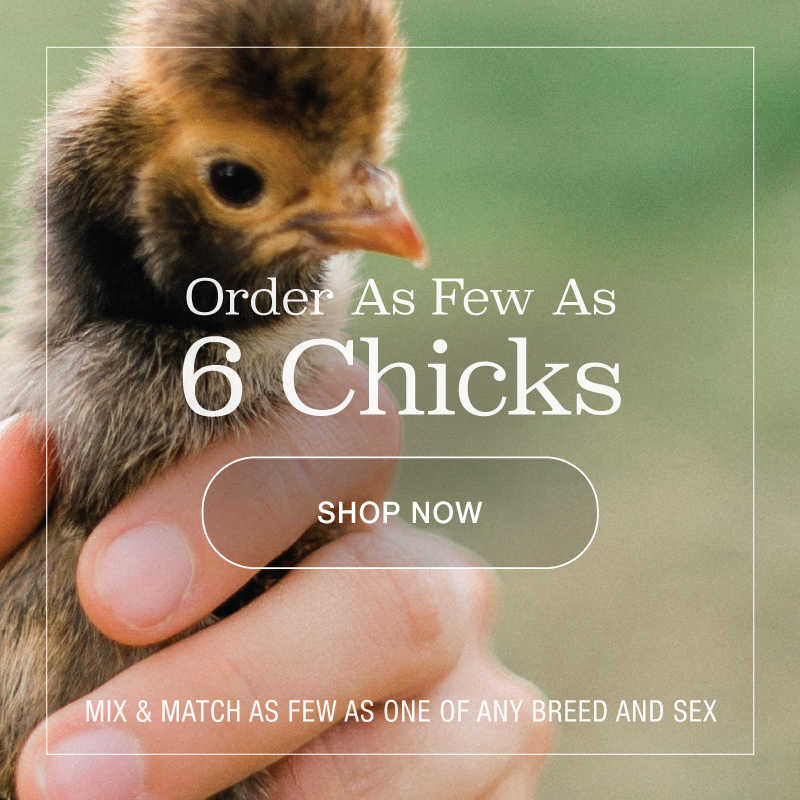by Andy Schneider (the Chicken Whisperer)
Time and time again I hear people complaining about the problems they think backyard chickens will bring if allowed into the backyards of their city. Some of the more common complaints that I hear are noise, smell, rodents, disease, and property values.
I don’t believe that I have ever been to a meeting about keeping backyard chickens where the noise issue has not been brought up at least once. I often hear people complaining about the potential early morning crow of a nearby rooster. This is a very valid point, and I too would be complaining if a rooster were waking me up every morning at 4:30AM, especially if I did not have to wake up until 7:00AM or later. There are many advantages of keeping backyard chickens, but most urban chicken keepers want to keep backyard chickens for the benefits of having an endless supply of farm fresh eggs. Solution? You do not need a rooster to enjoy farm fresh eggs every morning. In fact, some people claim that hens will lay better if there is no rooster around to disturb their routine. In contrast to roosters, hens are very quiet and soundlessly sleep through the night. Roosters primarily have two jobs, which they do very well. They protect and fertilize. You really only need a rooster if you want baby chicks running around in the backyard. I personally still hate to see cities ban roosters altogether because there are ways to keep roosters in an urban area quietly and responsibly. When towns do allow roosters they still have far more complaints about barking dogs, loud music, and loud mufflers, than they do roosters crowing. Maybe the town should ban dogs too if they are so concerned about unwanted noise!
Smell is another complaint that is often brought up when discussing chickens. Yes, chickens can smell, just like dogs, cats, rabbits, hamsters, gerbils, fish, and even people if not taken care of properly. We are not talking about a 500-foot long commercial chicken house with 50,000 chickens next door. We are talking about six to twelve laying hens in a backyard setting. There are many ways to reduce the smell of your chicken coop so it will never create a problem. One example would be putting 100 people in your dining room for an extended amount of time and see the problems you will have vs. putting six people in your dining room. Most towns that allow chickens limit the number to six to twelve.
If you don’t think that you have mice and rats outside your home right now, then you are living in a fantasy world. Many claim that keeping chickens will attract mice and rats and think they don’t exist until the chickens arrive. Chickens themselves don’t attract mice and rats. Mice and rats are attracted to a food and water source. A backyard chicken feeder is no different than a typical wild bird feeder when it comes to being a food source for mice and rats. A chicken waterer is no different than an outside potted plant when it comes to being a water source for mice and rats. Maybe the town should ban wild bird feeders and potted plants if they are so concerned about mice and rats!
About three years ago many were asking questions about the risks of avian influenza and keeping backyard chickens. I always refer them to the Center for Disease Control (CDC) website where it addresses this issue. On the Q&A page the following is posted. Question: We have a small flock of chickens. Is it safe to keep them? Answer: Yes, In the United States there is no need at present to remove a flock of chickens because of concerns regarding avian influenza. The U.S. Department of Agriculture monitors potential infection of poultry and poultry products by avian influenza viruses and other infectious disease agents. Have you researched lately how many diseases cats carry? Maybe the town should ban cats too if they are so concerned about disease!
Thank you,
Chicken Whisperer
Andy Schneider, better known as the Chicken Whisperer, is the host of the Backyard Poultry with the Chicken Whisperer radio show, contributor for Mother Earth News Magazine, Grit Magazine, Farmers Almanac, and national spokesperson for the USDA-APHIS Bio-Security for Birds Program.
[scg_html_andyschneider_signature]



I just had to get rid of my Black Silkie today because he crows very loud. I have a few hens, and the neighbors haven’t complained, but I knew it would be a matter of time. I covered his house with blankets, which stopped him from crowing until about 9am, but he would crow all day. He was my pet and I miss him already.
I live in North Port, Florida. Last year I had a flock of 18 hens, no roosters. I built a nice chicken coop in an empty lot I own next to my house. I have no close neighbors. You could not see or hear the chickens any time of the day or night, yet a distant neighbor complained, and before I know I had two police squad cars and an animal control officer checking my entire house. Very embarrassing. I was served a notice by the city that I must remove the chicken coop and get rid of the hens, and the animal control officer told me that it was not enough that the hens were not physically there but required proof of where I sold them.
I did sell them at an auction in Arcadia. The city said that it will fine me 500 dls. a day if I do not do what I was ask or if I have chickens again within 5 years. My grandchildren missed them terribly, and we do not have the dozen or so eggs every day. What a pity!
I have eight chickens, three of them are roosters who like to crow whenever. My one neighbor lady across the street did not even know I had any chickens until I mentioned them! So they don’t particularly seem bothered by them. I’ve been in this house two months now and nobody’s complained about them. In fact, they enjoy them.
I have eight chickens, three of which are roosters. They really don’t go anywhere other than the confines of my big, open backyard. I live in town. Until I mentioned my chickens to a neighbor who can see my front door from hers, she didn’t even know I had any chickens! So there.
We have Rhode Island Reds, Buff Orpingtons, Wyandottes, Aracaunas,and Silkies, and yes, each breed of Rooster has its own crow, and our silkies do crow. It’s just more like a small bell ringing
I sure wish Amarillo, TX had the sense to listen to facts like this.
Make them listen. Gain support for your cause by sharing facts with your neighbors. I am currently trying to change the ordinance in my small town, and I called the local news stations to see if they would do a story about it. I’ve had 2 call me back so far and it is spreading like wild fire. It’s a lot of work, but will be worth it if it changes some minds.
When you announce to your neighbors that you’re going to be raising chickens you would expect the complaint in the above article. I announced my chickens arrival to my nearest neighbors and their response was nothing like the article. I get daily bags of food scraps from each neighbor, they come to see how they are growing, and they most importantly want to see if they are laying any eggs. I think my neighbors are looking for some of those fresh egg, just like I am. So not every community will scoff at chickens, the next year I order new chicks they want in on the order for their own!! I don’t have any roo’s in my flock, as I am sure they would complain about that.
I don’t know about other states. But in Texas where I live the State Bird is The Mockingbird. These Birds are my favorite. I love to hear them singing. They will start singing at 3 or 4:00 in the morning. Sometimes they will sing all night in places where there are street lights. I would be real upset if they outlawed them in the city limits. And even though I am a light sleeper, barking dogs wake me more than crowing roosters. And yes, I live in a rural area. And yes, I have raised chickens, roosters and hens, also a flock of ducks, a few turkeys, and a gaggle of geese. And they are no worse than a mob of crows. I did have two incubators that would hatch about three or four dozen eggs each. And I have also raised rabbits, dogs and a passel of kids. Maybe it’s just that I love having animals, birds and kids.
If people are so worried about the crowing of roosters, why don’t they get silkies? I have yet to hear any of my silkies crow, but then again, maybe they are all females. Not. Silkies don’t make the same noise as other hens also. They just kind of murmur at you.
I live in SW Michigan. Grand Rapids, MI (very large city) just a couple days ago decided not to allow back yard flocks in the city limits